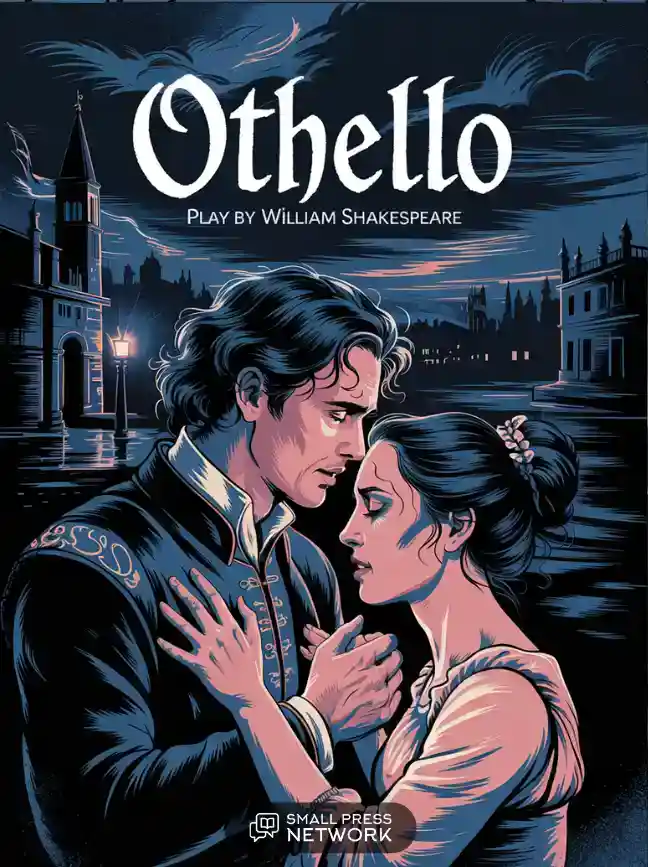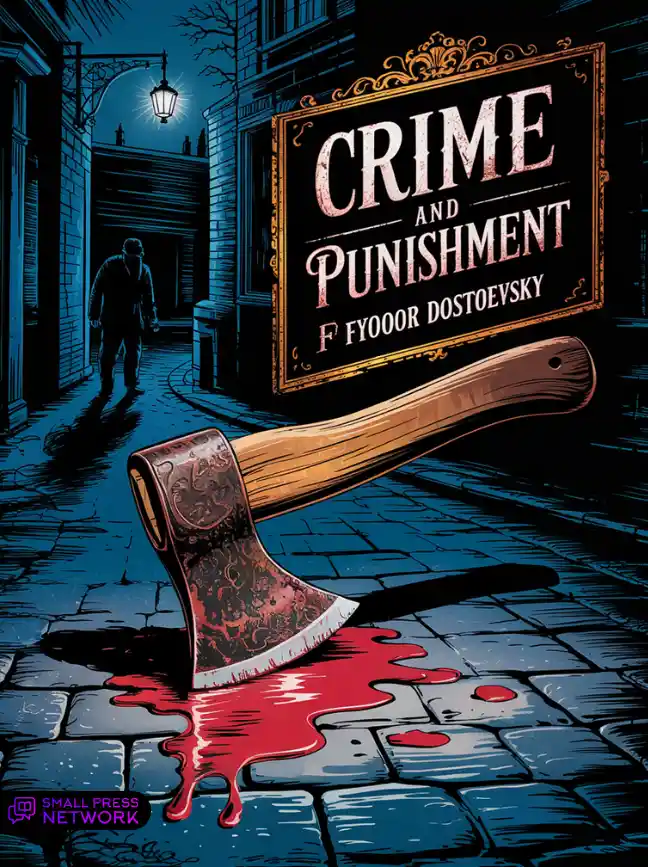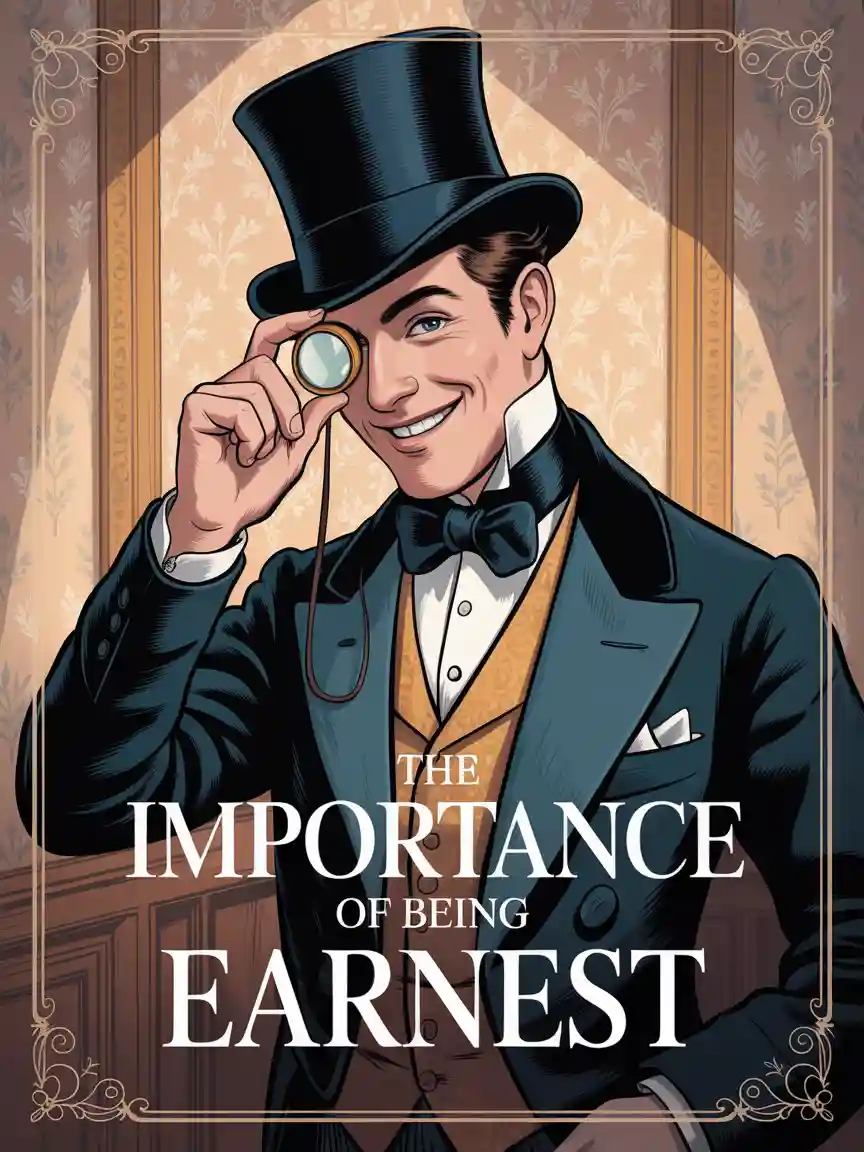(Othello alone.)
Othello. This fellow is the most honest man in the world, and knows men and the ways of the world masterfully: If I find her unchaste, all my love shall not save her from my wrath—Perhaps because I am black, and have none of those ingratiating qualities in conversation which make the whole merit of these spinster-servants; or because I am already of declining age—Yet, that means little—She is gone, I am deceived, and my consolation must be to take a loathing for her. O the curse of matrimony! That we may call these lovely creatures ours, and not their affections! I would rather be a toad, and live on the fumes of a dunghill, than know in what I love a corner for another’s use. And yet this is the common plague of the great, who in this are more unfortunate than the lowly; It’s as inevitable a fate as death—Here she comes! (Enter Desdemona and Aemilia.) If she’s unfaithful, heaven mocks itself. I can’t believe it!
Desdemona.
How fares, my dearest Othello? Your luncheon, and the
noble islanders you have invited, await your
presence.
Othello.
I am to be blamed.
Desdemona.
Why do you speak so weakly? Is something wrong with you?
Othello.
I have a pain here on my forehead.
Desdemona. This is only because you have been watching too much; it will soon pass. Only allow me to bandage your forehead tightly, and in an hour it will be better.
(She takes out her handkerchief to tie it around him.)
Othello. Your handkerchief is too small: let it be well. Come, I’ll go with you.
(She drops the handkerchief as she tries to put it in her pocket.)
Desdemona.
I’m so sorry you’re not well.
(They leave.)





